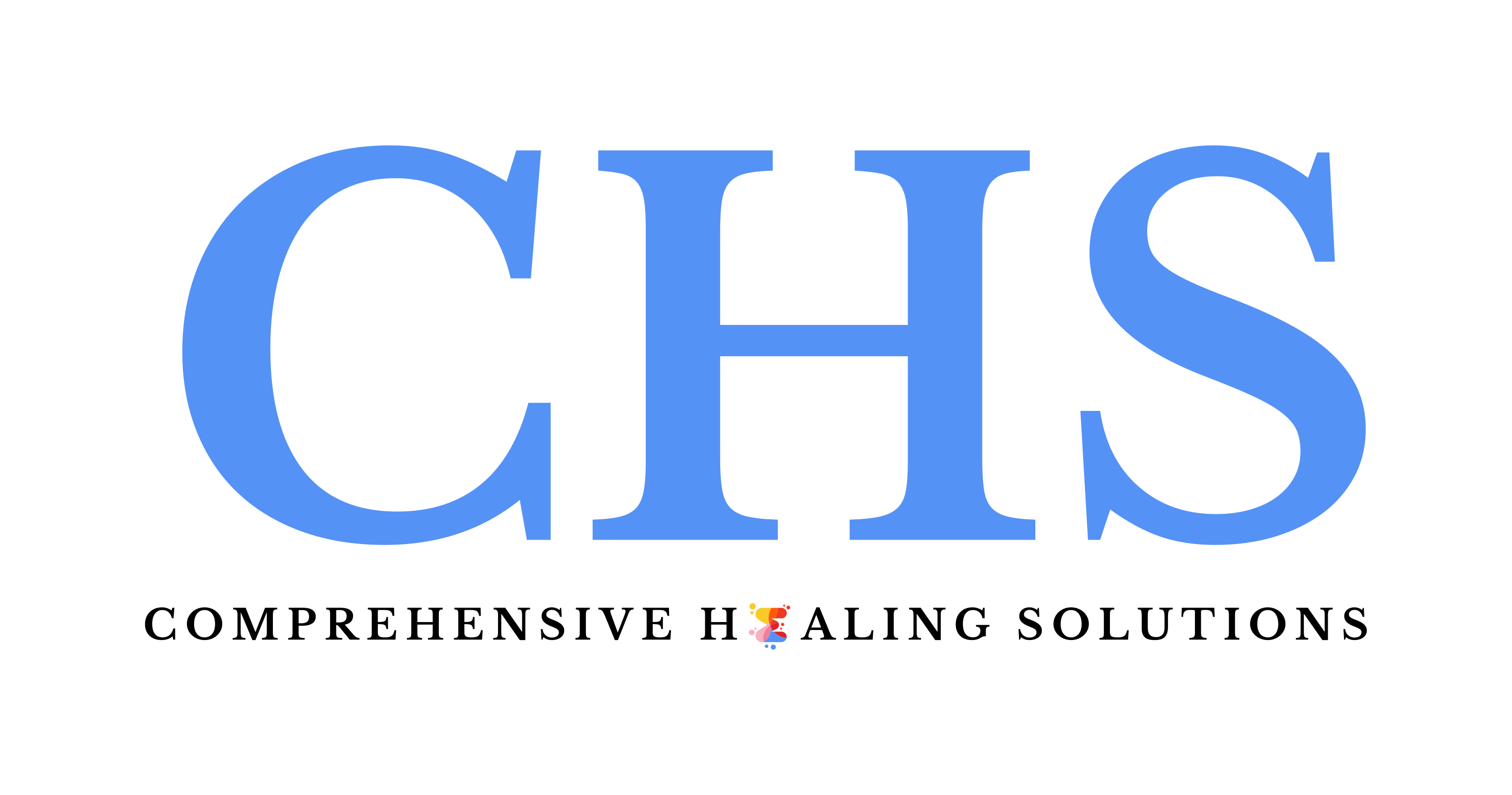
Music Therapy for Stress Relief and Cognitive Development
Music Therapy is an evidence-based therapeutic practice that uses music to address cognitive, emotional, and physical needs. This blog explores how music therapy can aid in stress reduction, enhance cognitive development, and provide emotional support for individuals across various age groups.
Music Therapy has been used as a powerful therapeutic tool for centuries, and its ability to enhance well-being is backed by modern research. In today’s healthcare landscape, music therapy is widely recognized for its ability to promote relaxation, reduce stress, support emotional expression, and enhance cognitive development. This form of therapy is especially beneficial for individuals dealing with mental health conditions such as anxiety, depression, trauma, and cognitive impairments.
Table of contents [Show]
What is Music Therapy?
Music Therapy is the clinical use of music to address the physical, emotional, cognitive, and social needs of individuals. Music Therapists use a range of music-based interventions, such as playing instruments, listening to music, singing, songwriting, and rhythmic activities, to help clients achieve therapeutic goals. While anyone can enjoy the general benefits of music, Music Therapy is a structured, evidence-based practice facilitated by trained and certified professionals.
Music therapy sessions are tailored to each individual’s unique needs and preferences. A Music Therapist evaluates a client’s condition and goals and designs interventions that can range from passive listening to active participation in music creation. The therapeutic power of music lies in its ability to stimulate the brain, regulate emotions, and foster social connections.
The Role of Music in Stress Reduction
Music Therapy is particularly effective in reducing stress and promoting relaxation. Scientific research shows that music has the ability to influence the autonomic nervous system, which regulates involuntary body functions such as heart rate and blood pressure. By engaging with calming music, individuals can lower their stress hormones, decrease heart rate, and reduce blood pressure, creating a physiological state of relaxation.
In a Music Therapy session, clients are guided through various musical activities designed to promote emotional and physical relaxation. These activities may include:
- Listening to Calming Music:
Clients are encouraged to listen to soothing music that promotes relaxation. The therapist may select specific genres or songs that have been proven to lower stress, such as classical music, nature sounds, or slow-tempo melodies. This can help the client regulate their emotions and calm their nervous system. - Breathwork with Music:
Breathwork techniques paired with music can help clients focus on their breathing patterns, reduce tension, and achieve a state of mindfulness. This practice is particularly beneficial for individuals with anxiety or chronic stress, as it teaches them how to regulate their physiological responses to stress. - Improvisational Music Playing:
Clients are encouraged to use instruments such as drums, tambourines, or piano to express their emotions freely. Improvisational music-making allows individuals to release pent-up emotions and provides an outlet for emotional catharsis. This is particularly beneficial for clients who struggle with verbal expression. - Singing for Emotional Release:
Singing can be an emotionally powerful experience that promotes self-expression and emotional release. Clients are guided through singing exercises that align with their emotional state, allowing them to process feelings such as grief, sadness, or frustration in a supportive and non-judgmental environment.
Cognitive Development and Music Therapy
In addition to its stress-relieving properties, Music Therapy also plays a critical role in cognitive development, especially for individuals with cognitive impairments, developmental disorders, or neurological conditions. Music engages multiple areas of the brain simultaneously, including regions responsible for memory, language, and executive function. As a result, Music Therapy can help individuals improve cognitive skills, enhance memory, and increase mental clarity.
For children with developmental disabilities such as autism or ADHD, Music Therapy provides a structured and enjoyable way to develop cognitive and communication skills. Activities such as rhythm exercises, songwriting, and musical games help children practice attention, memory, sequencing, and social interaction.
In older adults, particularly those with dementia or Alzheimer’s disease, Music Therapy has been shown to improve memory recall and cognitive function. Music has a unique ability to evoke memories and stimulate areas of the brain that may not be easily accessed through other forms of therapy. Listening to familiar songs from their past can help older adults reconnect with lost memories and foster a sense of emotional well-being.
Some common techniques used to support cognitive development through Music Therapy include:
- Rhythmic Auditory Stimulation:
Rhythmic exercises are used to help individuals improve coordination, attention, and motor skills. This technique is commonly used with individuals who have experienced a stroke, traumatic brain injury, or neurological disorders. By tapping into the brain’s natural rhythmic patterns, Music Therapy helps individuals regain motor function and improve cognitive processing. - Songwriting for Memory Recall:
Songwriting exercises encourage clients to create lyrics and melodies, which can help them enhance memory, improve language skills, and express personal experiences. This is particularly beneficial for clients who struggle with verbal communication or memory recall. - Music and Movement:
Combining music with physical movement stimulates both cognitive and motor areas of the brain. This technique is commonly used with children and older adults to improve coordination, spatial awareness, and problem-solving skills.
Emotional Expression through Music
Music Therapy also serves as a powerful tool for emotional expression and healing. Music has the ability to evoke deep emotions and memories, allowing individuals to explore and process feelings that may be difficult to express verbally. In therapeutic settings, clients are encouraged to use music as a vehicle for self-expression, whether through singing, playing instruments, or creating compositions.
For individuals dealing with trauma, depression, or emotional distress, Music Therapy provides a safe space to process their emotions without the pressure of traditional talk therapy. Music Therapists use techniques such as lyric analysis, guided imagery, and improvisation to help clients identify and release emotional pain.
- Lyric Analysis:
In this technique, clients listen to songs with meaningful lyrics and are encouraged to discuss how the lyrics resonate with their own experiences. This provides an opportunity for clients to explore their emotions, identify personal struggles, and gain new insights into their emotional lives. - Guided Imagery with Music:
Music is paired with guided imagery exercises to help clients visualize their emotions, memories, or personal goals. This technique promotes relaxation and helps individuals connect with their subconscious mind, allowing them to process emotional blockages. - Music Improvisation for Emotional Release:
Clients are encouraged to improvise music using instruments, allowing them to express emotions such as anger, sadness, or joy in a creative and non-verbal way. Improvisation provides a safe outlet for emotional release and encourages clients to explore new ways of coping with their feelings.
Who Can Benefit from Music Therapy?
Music Therapy is a versatile and adaptive therapeutic approach that can benefit individuals across the lifespan. Some of the key populations who may benefit from Music Therapy include:
- Children with Developmental Disabilities:
Music Therapy helps children with autism, ADHD, and other developmental disorders improve communication, social skills, and cognitive development. Music-based interventions provide an engaging and interactive way for children to practice skills in a supportive environment. - Individuals with Mental Health Conditions:
Music Therapy is an effective treatment for individuals dealing with anxiety, depression, PTSD, and other mental health conditions. Through music, clients can explore their emotions, reduce stress, and develop healthier coping mechanisms. - Older Adults with Dementia or Cognitive Decline:
Music Therapy helps older adults with dementia or Alzheimer’s disease improve memory recall, cognitive function, and emotional well-being. Familiar music from their past can stimulate memory and foster emotional connection. - Trauma Survivors:
Music Therapy provides a non-verbal outlet for individuals who have experienced trauma to process their emotions, release pain, and work through unresolved trauma in a safe and supportive setting.
Conclusion: The Power of Music Therapy for Healing
Music Therapy is a dynamic and evidence-based approach that harnesses the healing power of music to address emotional, cognitive, and physical needs. Whether used to reduce stress, improve cognitive function, or facilitate emotional expression, Music Therapy offers a wide range of therapeutic benefits for individuals of all ages. With its unique ability to engage the brain, body, and emotions, Music Therapy is an invaluable tool for promoting mental, emotional, and physical well-being.



